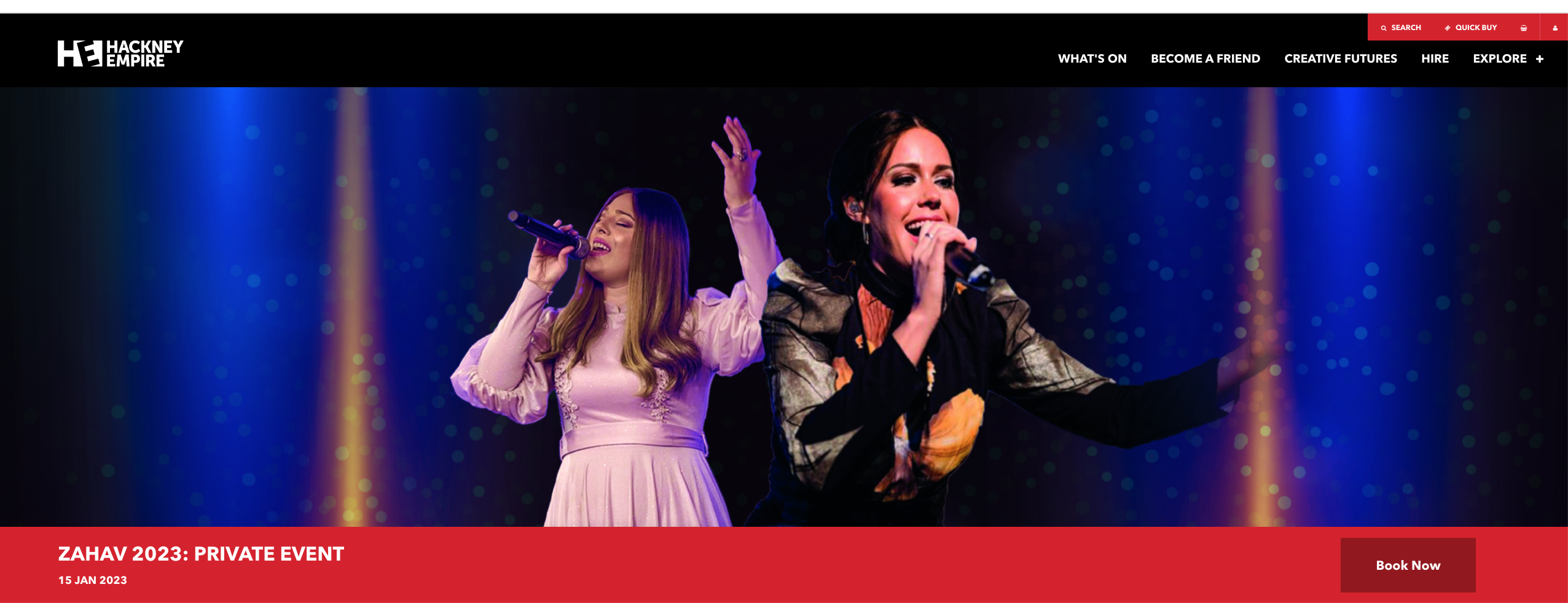A much-anticipated concert in London, England by singers Bracha Jaffe and Chaya Kogan on Sunday, Jan. 15, has raised the ire of some of that city’s rabbis—even though it’s being billed for an audience exclusively made up of women and girls.
Ticket-holders have been advised not to attend by some haredi girls’ schools and the Union of Orthodox Hebrew Congregations umbrella group.
The concert will go ahead, but it’s also drawing attention to what Montreal scholar Jessica Roda has termed “Cyberfrumenism.”
Her new research reveals the growing popularity of a generation of young haredi women performers—including some from Canada—using social media to showcase their voices and attract thousands of fans.
Roda joins The CJN Daily to describe how this new wave of religiously devout celebrities are pushing against the taboo in the ultra-Orthodox world known as kol isha, where modest women aren’t supposed to sing in spaces where men might hear them.
What we talked about:
- Learn more about Jessica Roda and her research on Orthodox women and technology
- Read two Canadian rabbis’ takes on kol isha from 2018
- Zehavit Rosenbloom’s comedy on YouTube
Credits
The CJN Daily is written and hosted by Ellin Bessner (@ebessner on Twitter). Zachary Kauffman is the producer. Michael Fraiman is the executive producer. Our theme music is by Dov Beck-Levine. Our title sponsor is Metropia. We’re a member of The CJN Podcast Network. Donate to The CJN and receive a charitable tax receipt by clicking here. Subscribe for free to the podcast here.
